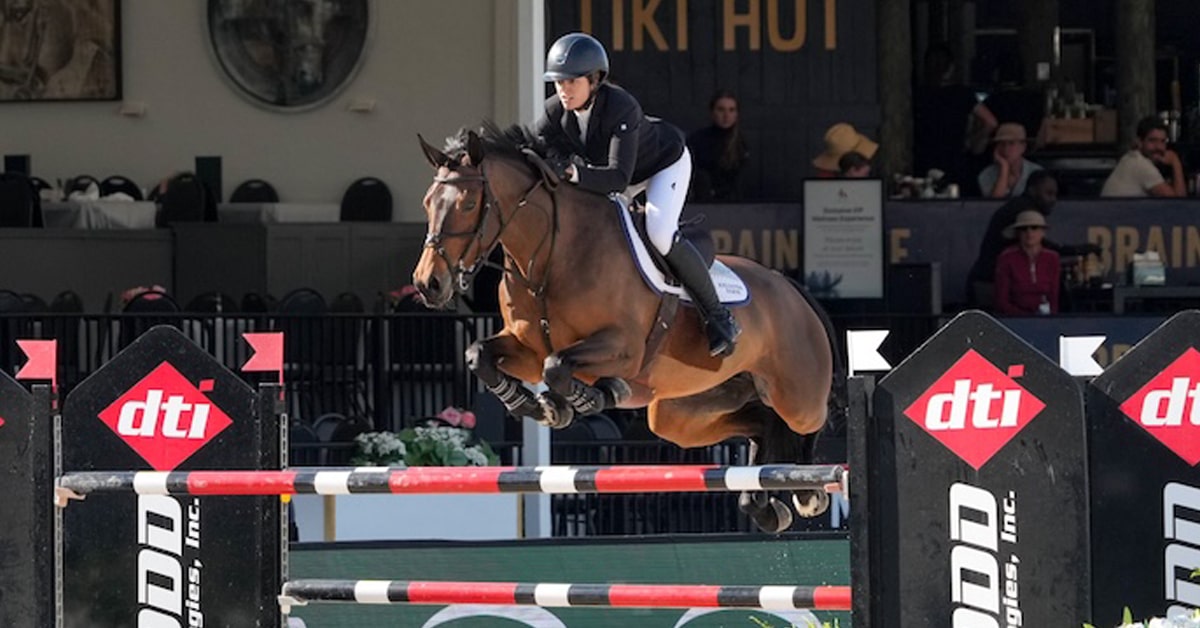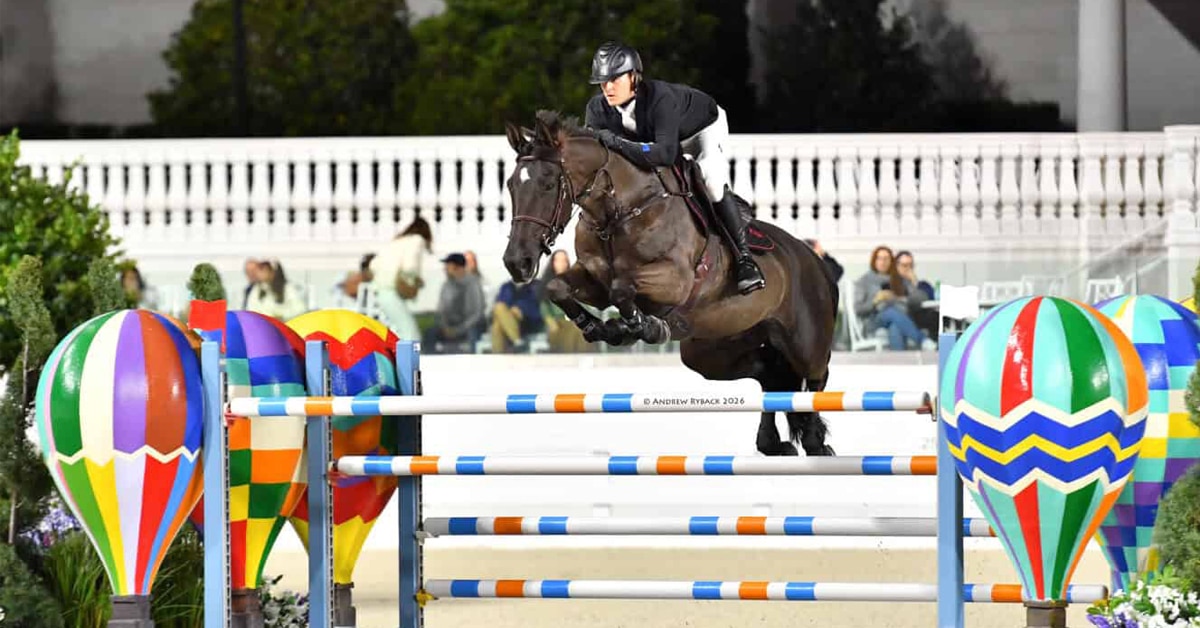Vancouver lawyer Harveen Thauli has handed down a record three-year FEI suspension for a first anti-doping offence on a Saudi endurance rider whose horse tested positive to six prohibited drugs at the showcase Al Ula ride in February 2019. He was also fined 10,000 Swiss francs (CAN $ 14,400.)
Mohammed Alalewi claimed that his horse Moro Tianko underwent an operation a few days before the ride and this must have accounted for the positives.
Both Ms Thauli, sitting as a one-member FEI Tribunal panel, and the FEI’s legal department dismissed the rider’s argument he was unaware of the alleged surgery, if it even occurred. He was also the horse’s registered trainer and so responsible for its care.
Moro Tianko tested positive to Tolfenamic Acid, a banned non-steroidal anti-inflammatory drug with anti-inflammatory and analgesic effects, and five controlled substances – Lidocaine, a local anaesthetic with local anaesthetic effects, Diclofenac, a nonsteroidal anti-inflammatory drug with anti-inflammatory and analgesic, and Flunixin, Phenylbutazone and Oxyphenbutazone, anti-inflammatory drugs with analgesic effects.
In his defence the rider submitted only a brief statement that he did not know “the horse had an operation a few days before the race and that he took some treatments and medications that appear in the analysis. “ He added: “I offer you my apologies and regret for the unintentional mistakes and out of my will I promise you that it will not be repeated with me in the upcoming races and accept my utmost respect and appreciation.”
The FEI submitted that the rider did not corroborate his statement with any reliable evidence such as medical records, the clinic where the operation occurred, the exact names of the medications administered. The FEI said it was “difficult to believe that the rider would not have been unaware of the Horse’s alleged operation as it would have had a crucial impact on the horse’s training activities and competition schedule.”
The horse tested positive for several non-steroidal anti-inflammatory drugs which in combination could damage internal organs such as the liver or kidney. If there was indeed an operation, a sedative such as detomidine and butorphanol would normally be used. Given their detection times ‒ 48 to 72 hours ‒ when compared to the detection time of Tolfenamic Acid – no more than 48 hours ‒ the sedatives (or their metabolites) should have been found in the A sample. This was not the case.
Alalewi is the latest rider to be disciplined among the seven whose horses tested positive at the inaugural Al Ula 120km CEI**.
More News











